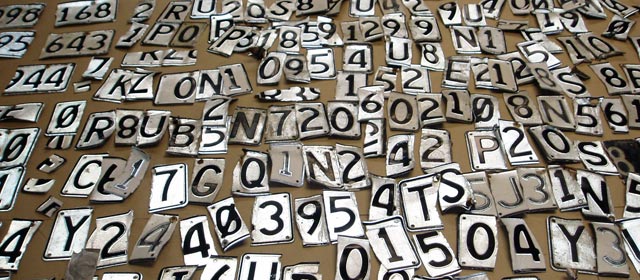He korero whakarapopoto
Stealing
Theft, burglary, fraud and tax evasion are all forms of dishonesty crime. Theft is taking something that does not belong to you, and burglary is breaking and entering with intent to commit a crime, usually theft. Fraud is taking something by deceit. Downloading copyright material from the internet and evading legal tax obligations are also dishonesty crimes.
Crime against property makes up about 70% of all victimisations recorded by the New Zealand Police. From 2014/15 the Recorded Crime Victims Statistics model was used to record crime in New Zealand reported to the police. Victimisations record notifications of crime that involve a victim and include information about victims of crime. Crime data recorded before the use of victimisations records are not comparable with the most recent crime statistics in New Zealand.
Not all crime is reported to police – sometimes because it was committed by a friend or a family member. If the value of the items stolen is small the crime is often not reported.
When there has been a burglary, blood, hair or body fluid left at the crime scene is analysed and can be checked against a database of criminals and their DNA.
A minority of reported burglaries are solved by police within 180 days of the crime being reported. Many are committed by young people. Police and courts try to keep them out of jail, instead using fines, community service or crime-prevention courses.
Burglary and theft
The cost of retail crime (for example, shoplifting, burglary, employee theft or fraud) in New Zealand in 2017 was estimated at $1.1 billion a year. Different regions had different rates of crime – in Northland there were 126.5 burglaries per 10,000 people in 2014, a higher rate than in other regions.
Often cars are stolen by young people who take them on joy rides. There are also gangs who steal cars to order, selling their parts, or changing the car’s identity and selling it on.
Copyright
In the early 21st century the government tried to make internet service providers responsible for stopping illegal downloading, but providers were often reluctant to police internet users.
Although downloading material which is protected by copyright is illegal, many people do it.
White-collar crime
Some businesses risk millions of dollars of investors’ money. When Blue Chip property investment company went broke in 2008 it owed $84 million to investors. Ross Asset Management director, David Ross, pleaded guilty to losing $115 million of investors' money. He operated a Ponzi scheme in which returns to investors were paid using funds obtained from recent investors.
Many people pay for work in cash to avoid paying tax. Large businesses employ lawyers to find loopholes in tax laws, so they can pay less tax. In 2009 the four largest banks had to pay $1.7 billion to settle a tax evasion charge.
Fraud
Some people claim welfare benefits they are not entitled to. The Ministry for Social Development uses data matching to detect benefit fraud. In 2013/14 it was successful in pursuing prosecutions for fraud valued at $30 million.
Insurance fraud has been estimated to cost around $615 million a year.
Not declaring taxable income is another form of fraud. An Organisation for Economic Co-operation and Development report in 2017 on the 'shadow' or hidden economy examined how individuals and businesses could avoid declaring income and paying tax and estimated that the size of the shadow economy could be as much as 20% of a country's domestic product. Investigations by Inland Revenue into New Zealand's hidden economy in 2015–2016 found differences between financial and tax reporting of $166 million.
Other types of fraud include internet scams, identity theft and CV fraud (falsely claiming qualifications in order to be paid more). Con artists rely on their charm and personal credibility to get money from people.
Serious Fraud Office
In 1990 the government created the Serious Fraud Office to investigate large-scale fraud. Large businesses can have complicated company structures, and some fraud takes lawyers and accountants years to solve.





